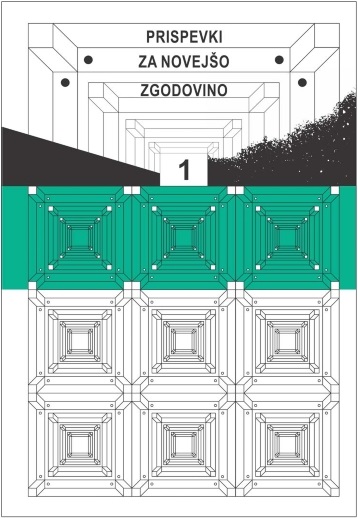Vloga varnostno-obveščevalnih organov partizanskega gibanja v partizanskem sodstvu: smrt ali usmrtitev
The Role of Security and Intelligence Bodies of the Partisan Movement in the Partisan Judicial Administration: Death or Execution
Author(s): Tadeja Tominšek ČehulićSubject(s): Civil Society, Military history, Political history, Security and defense, Military policy, WW II and following years (1940 - 1949)
Published by: Inštitut za novejšo zgodovino
Keywords: Slovenia; World War II; revolutionary violence; Security Intelligence Service of the Liberation Front; Department for the Protection of People; partisan judicial administration; punitive policy;
Summary/Abstract: The increasing violence of the occupiers, resistance against it and the internal conflict between the Slovenian partisan (revolutionary) and anti–partisan (anti–revolutionary) camp represents the framework for the following article, which focuses on the functioning and character of the partisan judicial administration during World War II as well as on the influence that the Security Intelligence Service of the Liberation Front and its successors had on it. The functioning of the judiciary was defined by the role of the Communist Party of Slovenia in the partisan movement, since this organisation used the Security Intelligence Service and its successor, Department for the Protection of People, as one of the means for the planned takeover of power.
Journal: Prispevki za novejšo zgodovino (before 1960: Prispevki za zgodovino delavskega gibanja)
- Issue Year: 51/2011
- Issue No: 1
- Page Range: 207-220
- Page Count: 14
- Language: Slovenian

